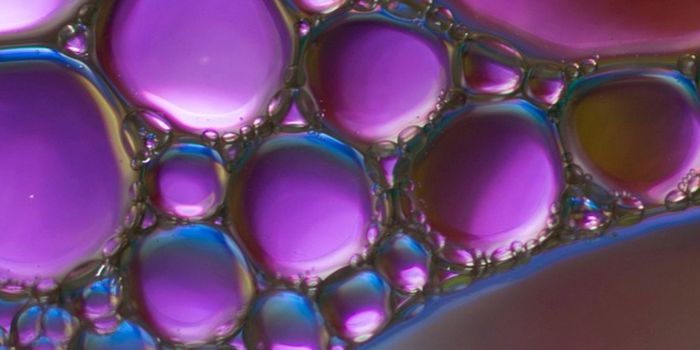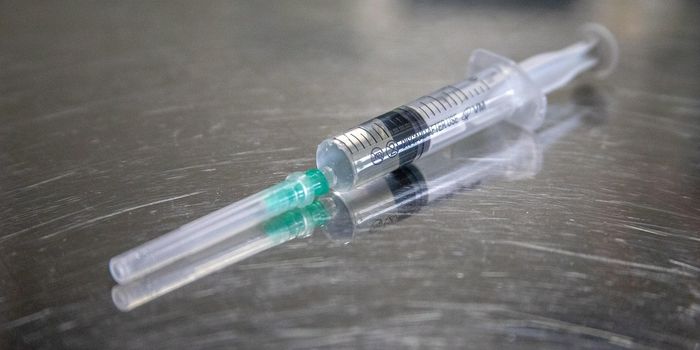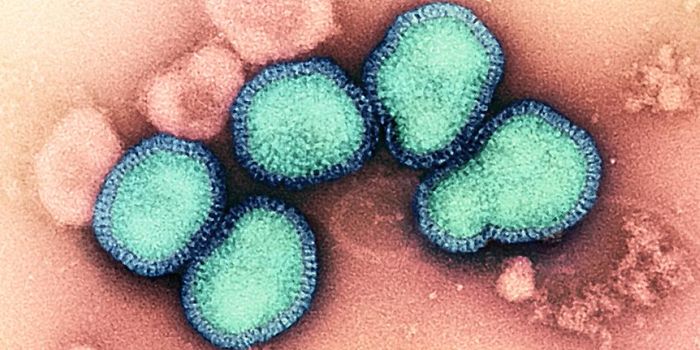A Vaccine for Bath Salts Abuse
You may think of crystal meth when you read “the poor man’s cocaine,” but bath salts are another drug that people turn to when they can’t afford crack. A new University of Arkansas for Medical Sciences study shows the possibility for a vaccine to prevent recovering drug users of bath salts from experiencing a relapse.
Bath salts, also known as synthetic cathinones, are a type of “new psychoactive substance” (NPS) of concern to public health officials. Natural cathinone comes from the khat plant from East Africa and southern Arabia, where natives chew the leaves to experience the stimulant effects from the drug. Synthetic versions of cathinone are particularly dangerous though, because they are much more potent than the naturally occurring version.
Synthetic cathinones come in the form of white or brown crystal-like powder, marketed as a less expensive version of stimulants like methamphetamine and cocaine. The drug can be swallowed, snorted, smoked, or injected. Like other drugs, abuse of synthetic cathinones includes the risk of overdose and life-threatening side effects like organ failure. The new vaccine could block the effect of synthetic cathinones on the brain, helping recovering drug users during a relapse.
"Because the chemical structures of these illegal drugs are often changed to evade drug laws, we decided it was important to develop a single vaccine that will be effective against more than one medically dangerous synthetic cathinone," explained doctoral student Samantha McClenahan.
The vaccine targets two synthetic cathinones: methylenedioxypyrovalerone (MDPV) and alpha-pyrrolidinovalerophenone (alpha-PVP). In a rodent model of drug abuse, the vaccine successfully triggered the production of antibodies that attach to MDPV and alpha-PVP in the blood stream. This attachment decreases the stimulant effects of MDPV for months compared to unvaccinated rats.
McClenahan and others are hoping to create a vaccine that reduces the stimulant effects of the drug for at least six months, preferably up to one year to be used as a “long-lasting aid to the rehabilitation process.” Researchers will also study further the vaccine’s ability to prevent MDPV from infiltrating the brain and heart to simultaneously prevent the drug’s stimulant effects and potentially lethal side effects.
"It would likely help reduce drug concentrations in critical organs and reduce or eliminate the rewarding effect of the drug,” McClenahan said. “This could improve the chances of an individual remaining in rehabilitation treatment, which might increase the likelihood of a successful outcome."
Sources: National Institute on Drug Abuse, Experimental Biology 2018









